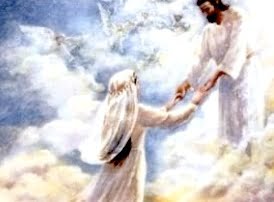Which day should be observed as the Sabbath Day, the first day or the seventh day of the week?
It would depend upon the religious belief of the person asking the question. To the Jew, the seventh day (Saturday) is the one to be observed. It was commanded in the Law given to the Israelites that they should keep the seventh day as [...]







